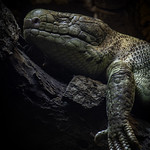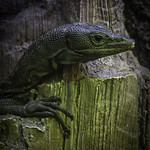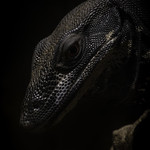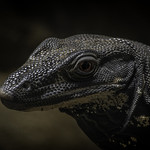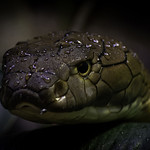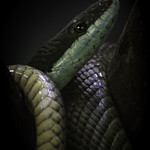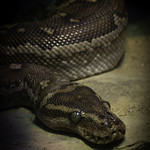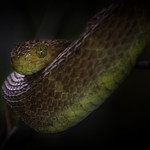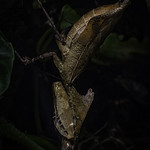I attended the final in a series of six lectures on ethics in science at the Center for Ethics inside the Reuben H. Fleet Science Center in Balboa Park. This one was a bit more special than the others as my older brother’s ex-wife was one of the three speakers presenting, and I got to sit with my niece in the audience.
The three award-winning guest speakers were Lynne Friedmann, a science journalist and editor of ScienceWriters, Dr. Dorothy Sears, Associate Adjunct Professor of Medicine at the UCSD School of Medicine, and my sister-in-law, Christina Deckard, Senior Scientist at SPAWAR Systems Center Pacific. Each one spoke for a few minutes about the difficulties they faced in both educational as well as work-related environments, simply because they were female, giving humorous (yet serious) anecdotes and examples. Then they joined each other onstage for about half an hour, answering some exceptionally good questions from the audience.
The evening ended with two kinds of cake celebrating the 50th anniversary of marine biologist Rachel Carson’s book, Silent Spring, which, published in 1962, is credited with kickstarting the environmental movement, and for being the inspiration of the six-part lecture at the Science Center. My niece and I made darn sure we each got a piece from both cakes.
About Silent Spring from Wikipedia: “Late in the 1950s, Carson turned her attention to conservation, especially environmental problems that she believed were caused by synthetic pesticides. The result was Silent Spring (1962), which brought environmental concerns to an unprecedented share of the American people. Although Silent Spring was met with fierce opposition by chemical companies, it spurred a reversal in national pesticide policy, which led to a nationwide ban on DDT and other pesticides, and it inspired a grassroots environmental movement that led to the creation of the U.S. Environmental Protection Agency. Carson was posthumously awarded the Presidential Medal of Freedom by Jimmy Carter.”

















